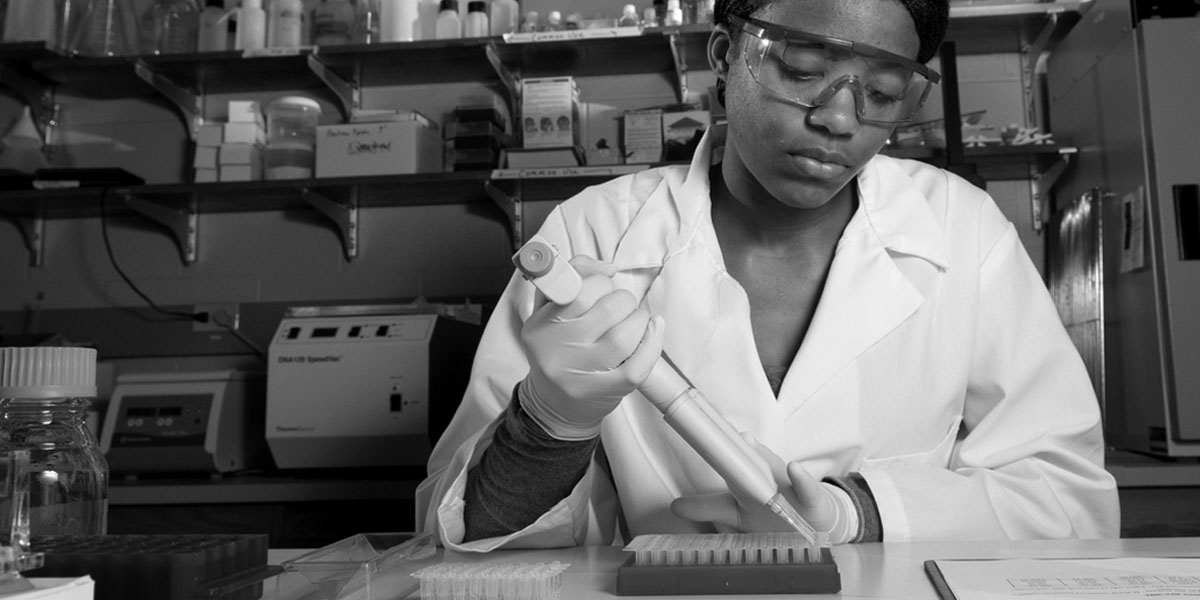Adonis report should address the innovation gender gap
As Lord Adonis publishes his regional growth review today, it is very good news that Labour will devolve responsibility from central government for the spending of at least £6bn a year on transport, housing, welfare and infrastructure to boost regional...
As Lord Adonis publishes his regional growth review today, it is very good news that Labour will devolve responsibility from central government for the spending of at least £6bn a year on transport, housing, welfare and infrastructure to boost regional growth. So too is the emphasis that Adonis is placing on innovation, which is essential for Britain to compete and prosper in a global world. His proposals include a threefold increase in apprenticeships for school-leavers in science, technology, engineering and maths and the creation of a new “Teach Next” organisation for successful people to switch career into teaching maths and science. These proposals are very important to ensure we invest in talent.
But can we go further in our manifesto and suggest that one way to achieve this is by tackling the gender gap to innovation? The statistics, albeit improving, are still dramatic: female participation in science and innovation drops off at ‘A’ Level, particularly in physics, and very few females take up apprenticeships in scientific areas. Of course, this then means that few women go on to work in innovation and technology – only 27 per cent of science and engineering technicians, 15 per cent of ICT professionals and 5.5 per cent of engineering professionals are female. The consequence is that the UK not only has very few women in senior roles in those professions, but very few start businesses in technology compared to in the rest of Europe.
All this is not just unfair on women. It is bad for our economy and our global competitiveness.
The Fabian Women’s Network has long been advocating that it is time to release this vast potential energy and tackle the causes underpinning the lack of women in science.
Some causes are cultural – and this is where we need role models. When FWN hosted an event to gather together young women interested in all areas of scientific research, they all highlighted the importance of ambassadors and the great role that mentoring can play.
And crucially, we need to change our approach to science, and embed a new narrative and positive cultural representation of science early on in primary schools. Much needs to be done to encourage girls to identify with science at a very early stage in life – essential to tackling stereotypes and gender inequalities in any field.
I believe we can go even further. Could Labour set a target of 30 per cent women in science, engineering and technology professions by 2030? And could we make it an essential criterium in public procurement? It is very encouraging that Adonis is proposing that 25 per cent of all government procurement contracts go to small and medium-sized enterprises, not least because that is where most women are. But I wonder whether we could make more of the fantastic role that public procurement can play in the economy, and set out incentives for businesses who take women on for apprenticeships. Finally, transparency is very important, too and tech businesses should be rewarded for how they perform on this matter.
There is a whole range of measures we could take to unlock the incredible potential of women in science. If this were part of our manifesto for 2015, I think it would step up our vision for a balanced economy, and for a better society, too.
Ivana Bartoletti is Chair of the Fabian Women’s Network
